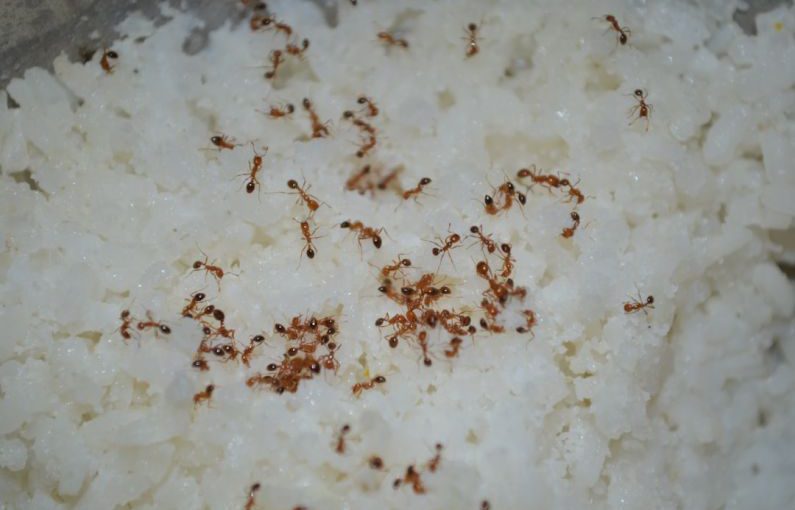Insects have long been a part of human diets in many cultures around the world, providing a sustainable source of protein and nutrients. As the global population continues to rise, the demand for food is also increasing, putting pressure on traditional livestock farming practices. Insects are now being recognized as a viable and sustainable alternative to conventional protein sources, offering a range of benefits for both human health and the environment. The future of food may very well be crawling and buzzing right in front of us – insects.
**A Nutritious Powerhouse**
Insects are packed with essential nutrients, making them a valuable addition to a balanced diet. They are rich in protein, healthy fats, vitamins, and minerals. For example, crickets contain about 60-70% protein, making them a more protein-dense option compared to traditional sources like beef or chicken. In addition, insects are also a good source of micronutrients such as iron, calcium, and B vitamins, which are crucial for overall health and well-being.
**Environmental Benefits**
Insects have a much smaller environmental footprint compared to traditional livestock. They require significantly less land, water, and feed to produce the same amount of protein. For instance, crickets need six times less feed than cattle, four times less than sheep, and twice less than pigs and broiler chickens to produce the same amount of protein. Insects also produce fewer greenhouse gas emissions and ammonia compared to livestock, making them a more sustainable choice for the planet.
**Cultural Acceptance and Innovation**
While the idea of eating insects may be met with skepticism in some Western countries, many cultures around the world have been consuming insects for centuries. Insects are considered a delicacy in countries like Thailand, Mexico, and Japan, where they are prepared in various ways and enjoyed for their unique flavors and textures. As global food trends continue to evolve, there is a growing interest in incorporating insects into mainstream diets through innovative and appealing products such as cricket protein bars, mealworm pasta, and cricket flour.
**Challenges and Opportunities**
Despite the numerous benefits of incorporating insects into our diets, there are still challenges that need to be addressed. One of the main obstacles is the perception of insects as “creepy” or “disgusting” in many Western cultures. Education and awareness campaigns are essential to change these attitudes and promote the nutritional and environmental advantages of consuming insects. Additionally, there are regulatory hurdles that need to be overcome to ensure the safety and quality of insect-based products for consumers.
**The Road Ahead**
As the demand for sustainable food options continues to grow, insects are poised to play a significant role in the future of food production. Companies and researchers are exploring innovative ways to cultivate and process insects on a larger scale, making them more accessible to a wider audience. With the potential to address food security, environmental sustainability, and public health, insects offer a promising solution to the challenges facing our current food systems.
**Insects: A Bite of the Future**
In conclusion, insects represent a sustainable and nutritious choice for the future of food. With their abundance, nutritional value, and low environmental impact, insects have the potential to revolutionize the way we produce and consume protein. Embracing insects as a part of our diets may require a shift in cultural perceptions and regulatory frameworks, but the benefits they offer are undeniable. As we look towards a more sustainable food system, insects could very well be the key to feeding a growing global population while preserving our planet for future generations.





